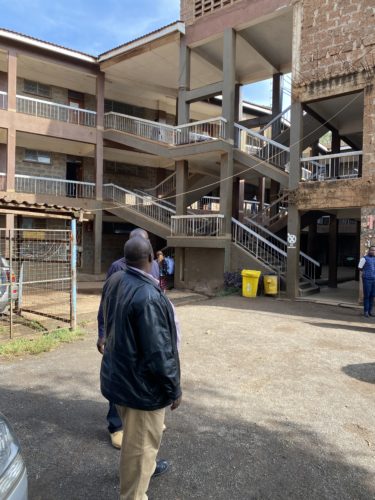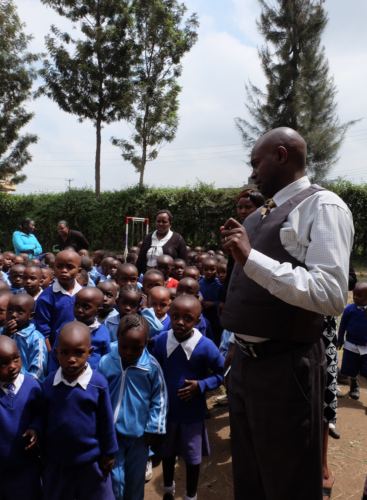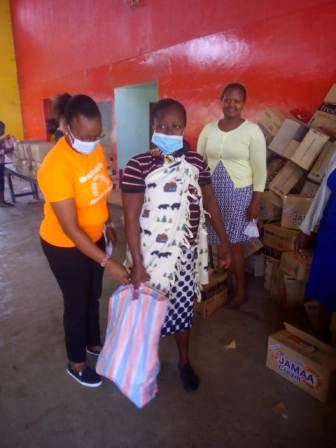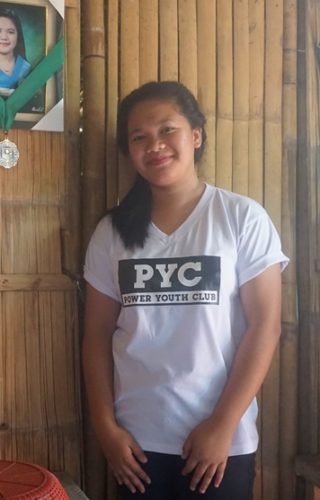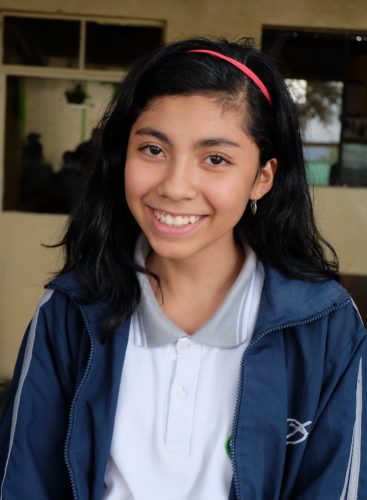Kenya is a country with a large population — estimated at 53 million — in which overcrowding of major cities has become a huge issue. Due to a lack of job opportunities in more rural areas of the country, Kenyans are migrating into cities where they hope for employment — but instead, find a lack of adequate housing and essential services like education and healthcare.
For decades, Children Incorporated has offered support to children and their families in both rural and urban areas of Kenya in an effort to fill gaps where the government is not providing for its citizens.
For decades, Children Incorporated has offered support to children and their families in both rural and urban areas of Kenya in an effort to fill gaps where the government is not providing for its citizens.
“All of the five Children Incorporated affiliated projects in Kenya have an educational component to support the children, either as a day school or as a children’s home/school, and all have a school in the premises, directly providing the so much needed knowledge to survive,” explains our Director of International Programs, Luis Bourdet.
“The families of the majority of our children live under these difficult circumstances; they live in shacks with little or no water, sanitation, electricity. They need all the help they can get — hardly any of these needs are provided from the local government, mostly due to lack of tax revenue or because of misuse of funds due to government corruption.”
“People Kenya suffers from exposure to several tropical diseases, like malaria and dengue, that are preventable, but the lack of medical care in the country makes these illnesses more problematic for families. The lack of sanitation also creates heavy contamination, resulting in intestinal illness, as well as other health issues for this population,” said Luis.
Families with little or nothing at all
“One of our affiliated projects in Kenya, The Msamaria Mwema Centre, is located in a more affluent area of Nairobi, yet the Centre serves impoverished children that are “hidden” from the community,” said Luis.
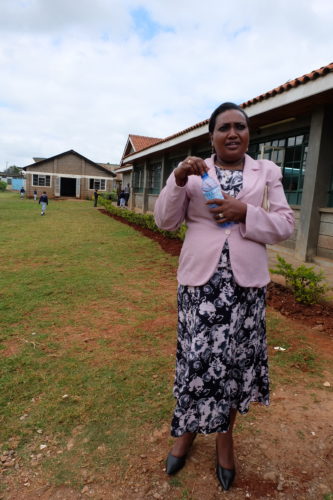
Administrators at the Msamaria Mwema Centre work hard to offer many services to students and their families.
“The parents of our sponsored children are employed in meager paying jobs by wealthier citizens that live in nearby neighborhoods. They work as house cleaners, drivers, and yard workers. They make very little money and are absent from their homes for long periods of time, and their children often do not receive the care they need.”
“The only housing available to these low-wage workers is hidden off the main roads and shacks. Thankfully, the Msamaria Mwema Centre has a small boarding home so children can live full-time at the Centre and attend school. The school on the premise offers kindergarten, primary and middle school education,” said Luis.
Help from administrators and sponsors
“The school is currently being run by a non-profit organization specializing in education, providing a better environment and educational programs to the children. In the past few years, the administrators have seen a lot of progress in the children. Their grades and test scores are up, and they really feel that considering the circumstances, the children are receiving the best education possible.”
“Additionally, our sponsorship program provides the children with mosquito nets every year to protect them against mosquito-borne illnesses, pays for their uniforms and books, and ensures the children are receiving shoes, school supplies, and meals every day.”
“Lastly, because of the cost of running the Centre, administrators have instilled a few income-generating activities such as a water purification plant that produces bottled water for sale and potable water for the children to drink. They also have their cows so they can provide milk for the children.”
***
How do I sponsor a child in Kenya?
You can sponsor a child in Kenya in one of three ways: call our office at 1-800-538-5381 and speak with one of our staff members; email us at sponsorship@children-inc.org; or go online to our sponsorship portal, create an account, and search for a child in Kenya that is available for sponsorship.

